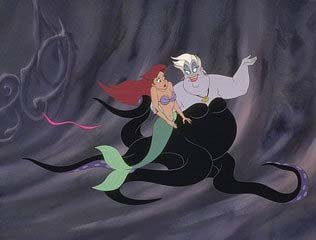Passing Time in Fiction

Following my post on middles, I reflected on what it is about the middle which is specifically giving me the most trouble. I've decided it's because the middle is where I need time to pass, without specifically showing it. The beginning runs fairly fast, over a few weeks, and the ending runs quickly as well -- over just a few days in fact. In the middle, however, nearly a year must pass. You know those sequences in movies? Where they show montages of characters doing things, intersperced with pictures of the trees losing their leaves, growing frosty, then budding into green? How does one show this in a novel? Especially because I want the reader to have a sense of being right there with the characters all along, I don't want to say, "A year later..." because that feels like we've left the characters to their own devices for a year, then returned to them. I'd like to show little bits of scene and scenery every half dozen weeks as the year goes by, then retu


